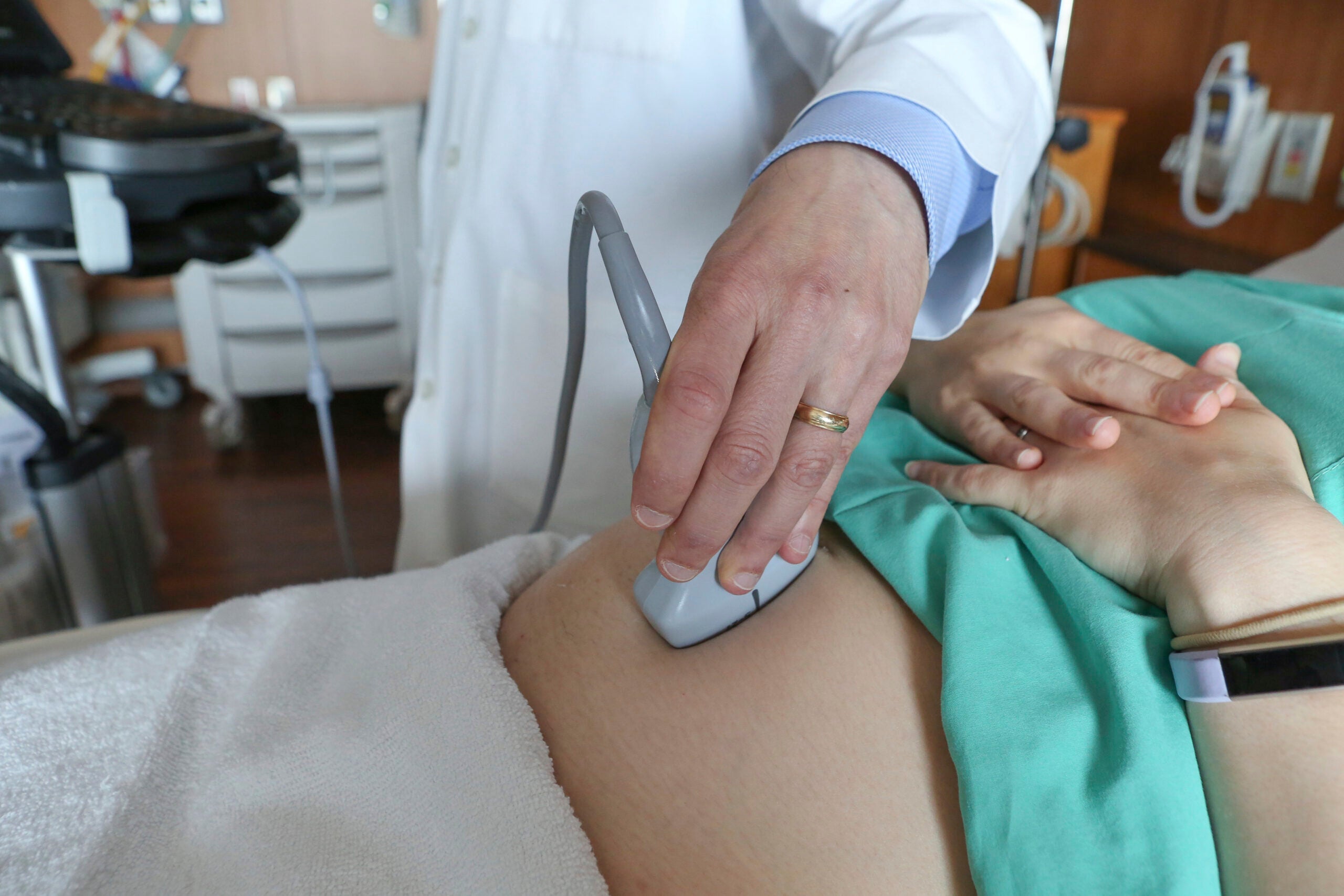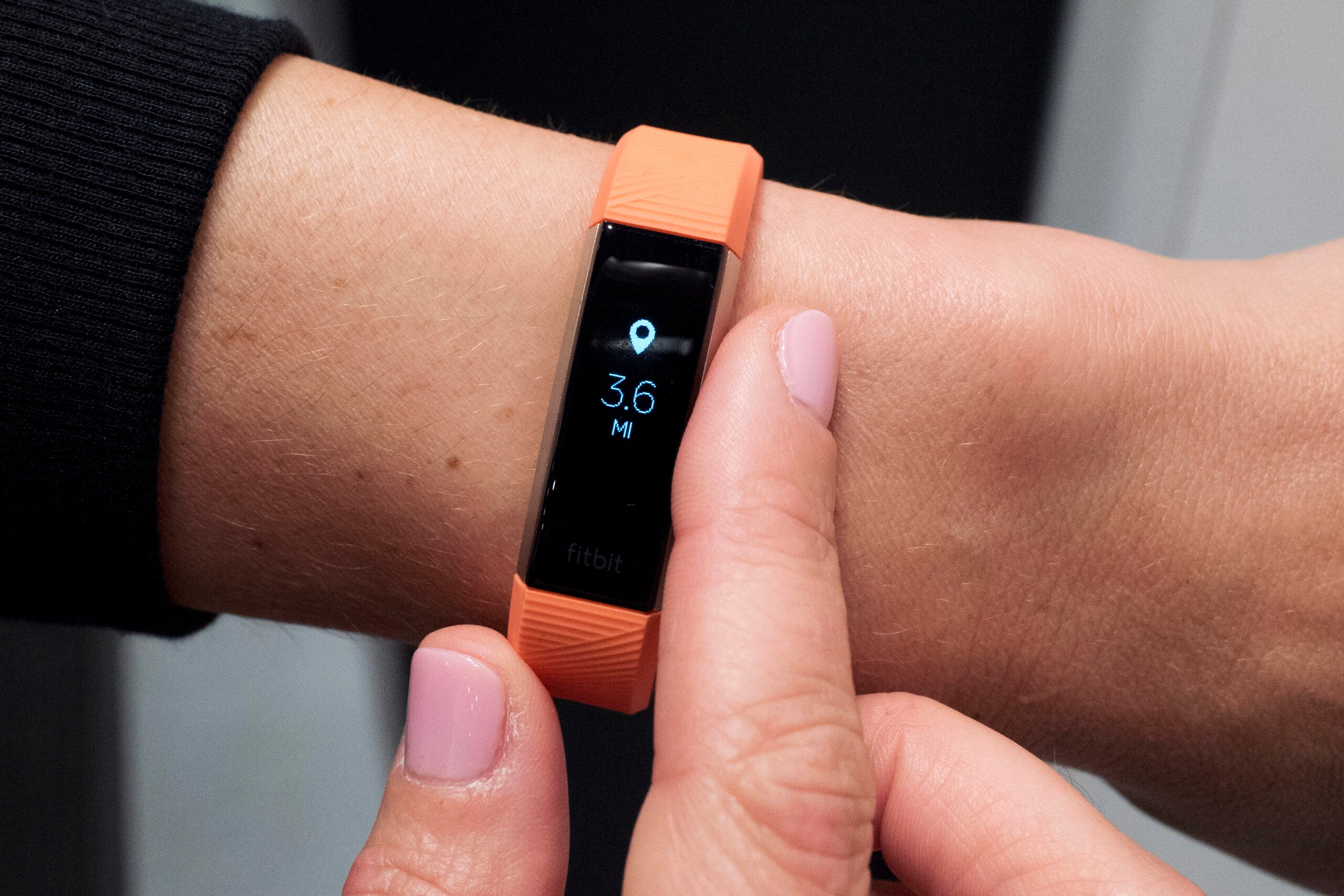A new study found patients with cancer are embracing exercise as part of their treatment, but doctors don’t feel they’re qualified to recommend a routine.
A survey of both patients and providers found that almost all participants surveyed thought exercise was important in cancer treatment. But there was a clear divide between patients and doctors when it came to who should be recommending activities.
Eighty percent of patients wanted an exercise plan from their oncologist, but 55 percent of providers wanted to refer patients to someone else.
News with a little more humanity
WPR’s “Wisconsin Today” newsletter keeps you connected to the state you love without feeling overwhelmed. No paywall. No agenda. No corporate filter.
“They said they didn’t feel very comfortable maybe recommending exercise to patients that often have different types of diseases, not only cancer but they can have heart disease or lung disease and other things that can affect their health,” said Dr. Agnes Smaradottir, an oncologist at Gundersen Health System and author of the study.
This is a common feeling among oncologists, said Dr. Lisa Cadmus-Bertram from the University of Wisconsin-Madison.
“Most of them would like their patients to be more active, however they are not physical activity coaches,” said Cadmus-Bertram, who studies the role of physical activity in cancer incidence and survivorship. “They don’t have the training or the expertise to provide that type of support to patients nor do they have the time.”
Cadmus-Bertram said doctors need to be able to refer patients to specialists who can help them recover, just like a patient who has a heart attack is referred to cardiac rehabilitation services.
“The cardiologist does not personally administer cardiac rehab to that person. They refer them to some service where there are specialized exercise physiologists, nutritionists and other staff that provide some of that behavioral component to the patient,” Cadmus-Bertram said.
Smaradottir said she’s starting a new study of patients who do receive exercise plans from a specialist. While she’s excited about increasing cooperation between oncologists and exercise professionals, she said oncologists might need to incorporate exercise into their care too.
“It’s difficult to know everything, but I think they have to kind of get some basic knowledge in what you should recommend,” Smaradottir said.
Wisconsin Public Radio, © Copyright 2025, Board of Regents of the University of Wisconsin System and Wisconsin Educational Communications Board.







